
Machos(2018)
As a man, can we stop being violent?
Through a training trip, in which the filmmakers also participate, the contrasts that exist between the conservatism of machismo and the new masculinity are evident; testimonies, discoveries and liberation in a circle of men.
Movie: Machos
Top 8 Billed Cast
Himself
Herself
Herself
HImself
himself
Himself
himself
himself
Video Trailer Machos
Similar Movies
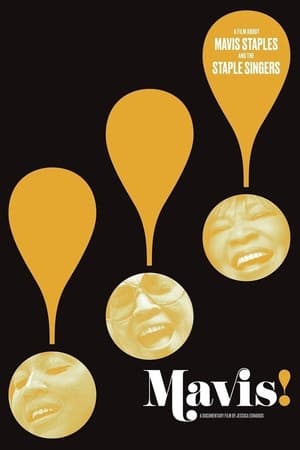 6.9
6.9Mavis!(en)
A look at the life and music of legendary singer and civil rights activist, Mavis Staples.
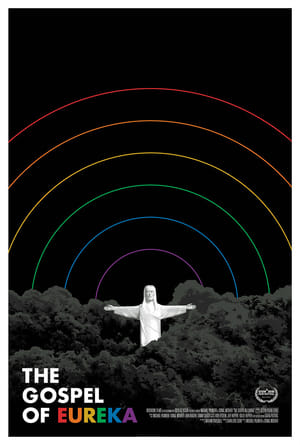 4.8
4.8The Gospel of Eureka(en)
Faith, love and civil rights collide on voting day in a small Southern town that hosts a famous performance of the last days of Christ and an infamous gospel drag show.
 7.7
7.7Controlling Britney Spears(en)
Britney Spears has said that her conservatorship had become “an oppressive and controlling tool against her”. This New York Times investigation reveals much of how it worked, including an intense surveillance apparatus that monitored every move she made.
 7.6
7.6League of Denial: The NFL’s Concussion Crisis(en)
Drawing on the book of the same name, League of Denial crafts a searing two-hour indictment of the National Football League’s decades-long concealment of the link between football related head injuries and brain disorders.
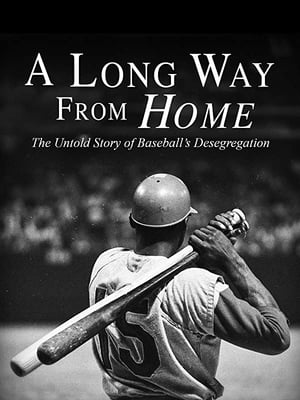 0.0
0.0A Long Way from Home: The Untold Story of Baseball's Desegregation(en)
Jackie Robinson broke baseball’s color line in 1947, but it took another generation of Black and Latino players to make the sport truly open to all. Playing in remote minor-league towns, these were the men who, before they could live their big-league dreams, first had to beat Jim Crow.
Akicita: The Battle of Standing Rock(en)
Standing Rock, 2016: the largest Native American occupation since Wounded Knee, thousands of activists, environmentalists, and militarized police descend on the Dakota Access Pipeline, in a standoff between Big Oil and a new generation of native warriors. Embedded in the movement, native activist and filmmaker Cody Lucich chronicles the sweeping struggle in stunning clarity, as the forces battle through summer to bitter winter, capturing the spirit and havoc of an uprising. From the initial gathering days on the Standing Rock reservation, the movement grew to thousands of water protectors, living in a protest camp and resisting construction of the Dakota Access Pipeline. Akicita focuses on the voices of young Native warriors who stepped up to lead the charge, expressing the beats of the movement from every front—confrontations with the police, the vibrant daily customs of the camp, and more. Through the eyes of the young Native protesters, the struggle feels deeply personal.
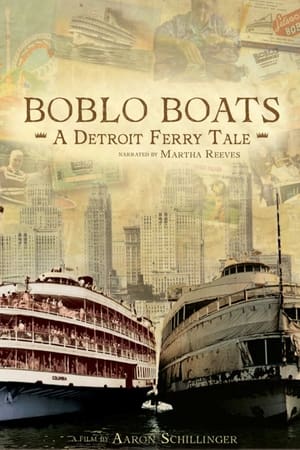 7.0
7.0Boblo Boats: A Detroit Ferry Tale(en)
For over 85 years, steamship Ste. Claire transported generations of Detroiters to Boblo Island, an amusement park nestled in the waters between the US and Canada. When the vessel comes under threat of ruin, a doctor, psychic and amusement park fanatic unite to save their beloved steamship from the scrapyard. Interweaving local lore and mythology, "Boblo Boats" explores the whitewashed history of amusement parks and one crew's crusade to bring back the memories.
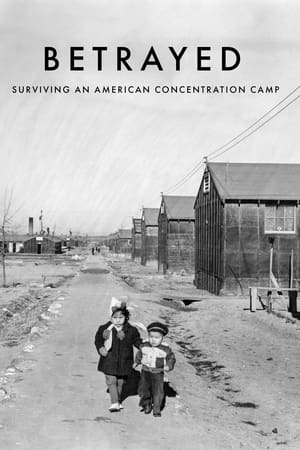 0.0
0.0Betrayed: Surviving an American Concentration Camp(en)
The story of the unjust incarceration of Japanese Americans and the loss of civil rights.
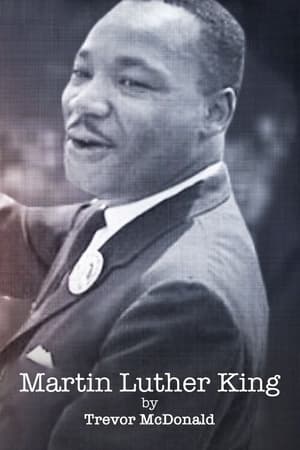 0.0
0.0Martin Luther King by Trevor Mcdonald(en)
On the anniversary of Martin Luther King's death, Sir Trevor McDonald travels to the Deep South of America to get closer to the man who meant so much to him.
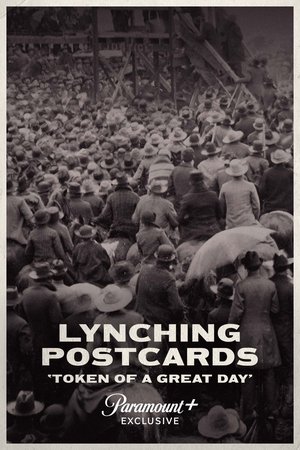 8.0
8.0Lynching Postcards: Token of a Great Day(en)
This chilling reflection examines the horrific history of lynchings as cultural events and celebrations that included souvenirs and postcards.
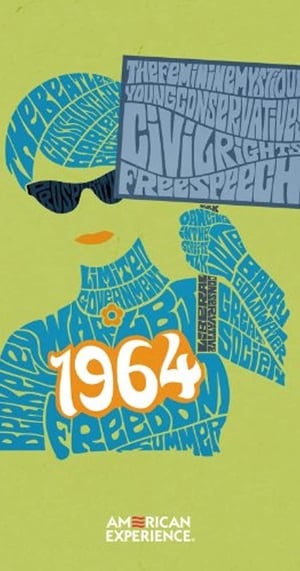 6.4
6.41964(en)
1964 was the year the Beatles came to America, Cassius Clay became Muhammad Ali, and three civil rights workers were murdered in Mississippi. It was the year when Berkeley students rose up in protest, African Americans fought back against injustice in Harlem, and Barry Goldwater’s conservative revolution took over the Republican Party. In myriad ways, 1964 was the year when Americans faced choices: between the liberalism of Lyndon Johnson or Barry Goldwater’s grassroots conservatism, between support for the civil rights movement or opposition to it, between an embrace of the emerging counterculture or a defense of traditional values.
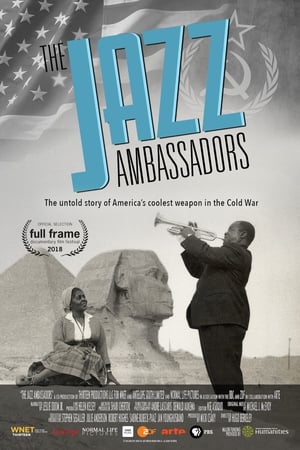 7.0
7.0The Jazz Ambassadors(en)
The Cold War and Civil Rights collide in this remarkable story of music, diplomacy and race. Beginning in 1955, when America asked its greatest jazz artists to travel the world as cultural ambassadors, Louis Armstrong, Dizzy Gillespie, Duke Ellington and their mixed-race band members, faced a painful dilemma: how could they represent a country that still practiced Jim Crow segregation?
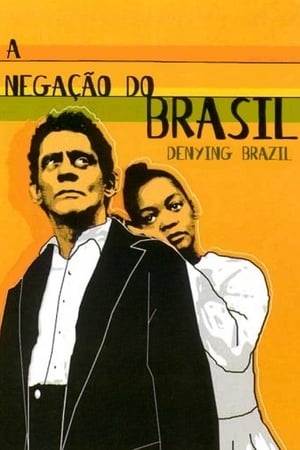 8.2
8.2Denying Brazil(pt)
A documentary film about the taboos, stereotypes, and struggles of black actors in Brazilian television "soaps". Based on his own memories and on a sturdy body of research evidence, the director analyses race relations in Brazilian soap operas, calling attention to their likely influence on Brazilian African-Americans' identity-forming processes.
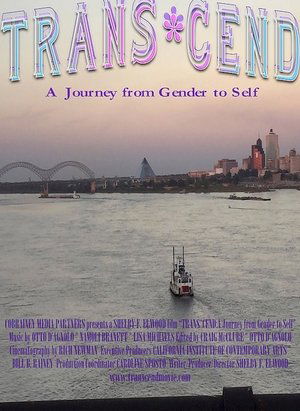 0.0
0.0TRANS*CEND: A Journey from Gender to Self(en)
In January of 2016, a dozen members of the Memphis transgender community began meeting for a weekly story circle facilitated by Elaine Blanchard. The program, based on the format of her award winning Prison Stories series, was a time for sharing, healing and enlightenment. Thanks to the generosity of The California Institute for the Contemporary Arts, filmmaker Shelby Fuller Elwood documented their journey. All people have a story to tell, and all people long to be heard, respected and valued for who they are, and what they have experienced in life.
 6.5
6.5Through the Banks of the Red Cedar(en)
In 1963 at Michigan State University, Head Coach Duffy Daugherty chose 23 black men to play on the college team. From this move came legends Gene Washington, Bubba Smith, George Webster and Clinton Jones. Director Maya Washington, Gene Washington’s daughter, charts the legacy of her father’s career and influence, along with the impact the events of 1963 have shown in the present day.
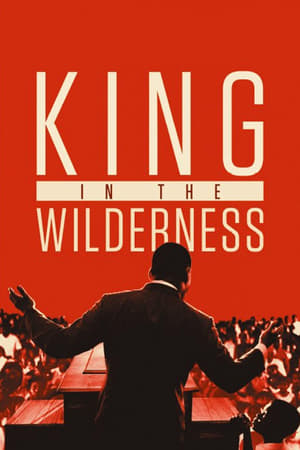 6.9
6.9King in the Wilderness(en)
A chronicle of the final chapters of Dr. Martin Luther King Jr.’s life, revealing a conflicted leader who faced an onslaught of criticism from both sides of the political spectrum.
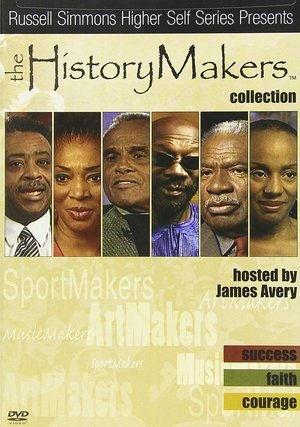 0.0
0.0The History Makers: Success(en)
Ossie Davis, Terry McMillan, Horace Julian Bond, Isaac Hayes, Dionne Warwick and many others share their inspiring stories of success in the first installment of this series about African-American history makers, including civil rights leaders, actors and authors. A good education, dedication to work, dogged determination and the courage to take risks figure prominently in these remarkable success stories told by notable African Americans.
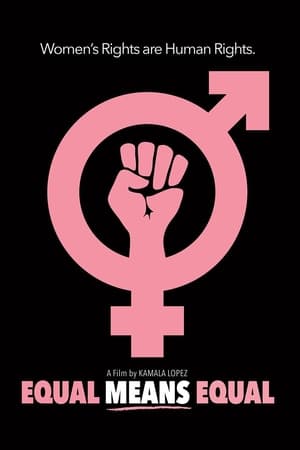 4.2
4.2Equal Means Equal(en)
An unflinching look at how women are treated in the USA today examining issues such as workplace harassment, domestic violence, rape and sexual assault. It shows how discriminatory attitudes still prevail and influence society and argues for the need to improve laws that claim to protect women.
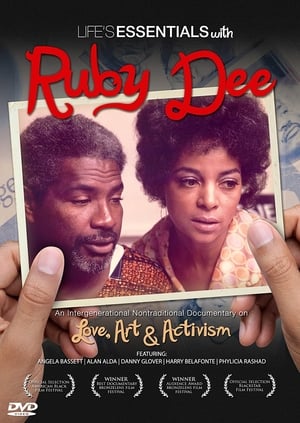 1.5
1.5Life's Essentials with Ruby Dee(en)
In this open-letter style documentary, Ruby Dee & Ossie Davis' rich lives guide their grandson on his personal quest to master lasting love, conscious art, and undying activism.
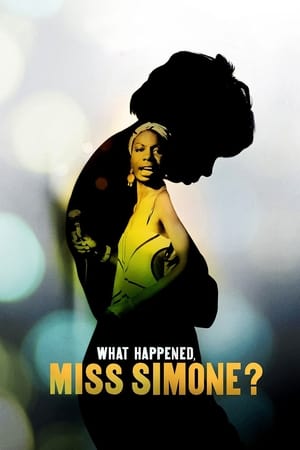 7.4
7.4What Happened, Miss Simone?(en)
The film chronicles Nina Simone's journey from child piano prodigy to iconic musician and passionate activist, told in her own words.

